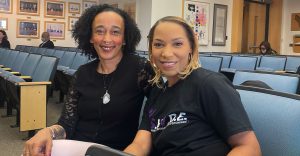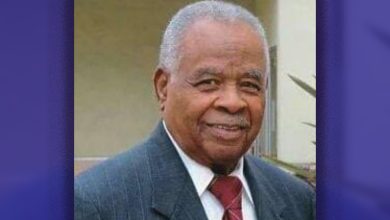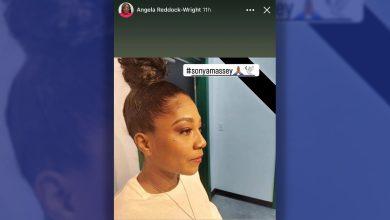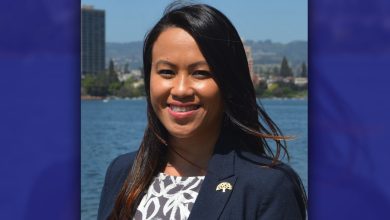Community Meeting on Crime and Violence
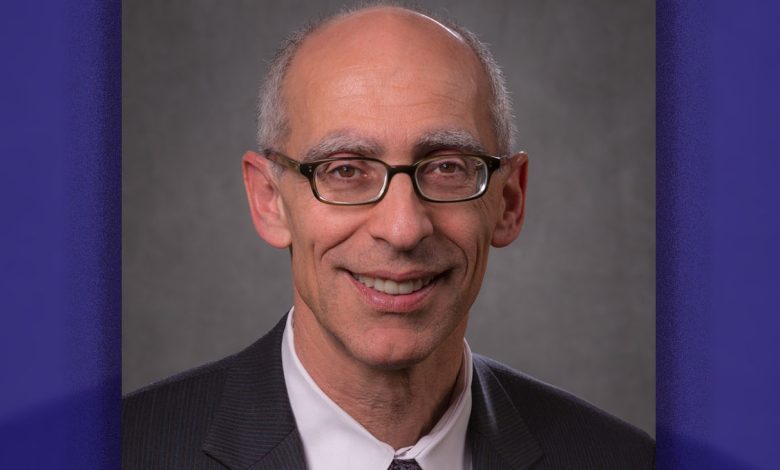
Although California Senate Bill 357 was intended to alleviate arrests of willing sex workers under anti-loitering laws, The Black, Vulnerable and Exploited series has established that passing SB 357 and other similar legislation harms Black communities, one of the most vulnerable and traumatized groups in America.
Over the past several weeks, overwhelming evidence against SB 357 has been presented showing why sex trafficking disproportionately impacts the Black community and how decriminalizing sex buying and exploitation will further harm vulnerable Black communities.
By Tanya Dennis and Vanessa Russell
One year and one day after Blair Williams had killed herself by walking into traffic on a busy freeway, her sister, Brianna Williams, testified before the California Senate Public Safety Committee on the horrors of sex-trafficking.
Soon after, on April 25, the committee approved Senate Bill 14 which would make human trafficking of minors a felony and strikable offense forcing exploiters to serve 80% of their sentence.
Passed with bi-partisan support in the committee, the bill means a lot to people who have been trafficked as it shows that the punishment for trafficking will be equal to the crime.
Currently, exploiters who receive 10 years for trafficking a minor may be able to get out in as little as two years. This practice of letting someone out after selling a child has created apathy among survivors who wonder if anyone understands the pain and torture they endure. The unanimous acceptance of this bill in committee is helping survivors to feel protected and valuable.
Led by Senator Aisha Wahab, the committee, which included senators Rosilicie Ochoa Bogh, Steven Bradford, Senator Scott D. Wiener and Oakland’s Nancy Skinner, unanimously passed the bill written by Senator Shannon Grove.
At the hearing, Brianna Williams, a Black 28-year-old woman who was sex-trafficked in Oakland at the age of 13, shared the story of her sister Blair, who was terrorized, raped, and tortured by her exploiter.
Suffering a mental break, Blair walked onto a freeway where she was instantly killed on April 24, 2022.
Williams described Blair as a beautiful young lady, who was an avid reader and creative who loved to play with her niece and nephews and aspired to be an attorney. Blair died at the age of 23. Many senators teared up as they contemplated the torture Blair endured.
At the age of 17, Williams was able to exit with the help of nonprofits and churches who invested in her life, providing workforce development, education, mentoring, and legal help.
To address the harm that is being done to vulnerable people such as Black girls, anti-trafficking organizations are asking leaders and legislators and even proponents of full decriminalization for sex work to ‘come back to humanity’ and reconsider an ‘equity model’ that decriminalizes the exploited but maintains accountability for the buyers and exploiters.
The equity model would also provide funded exit services including mental health, housing, workforce development, and legal services for the exploited. These services would provide an opportunity for the trafficked to start again, an opportunity that 76% of women, men and transgendered people are asking for.
However, making buyers and exploiters accountable does not mean applying blanket life sentences.
Human trafficking cannot be ‘criminalized’ away, supporters of the new bill say, and instead they call for thoughtfulness and empathy regarding the intentions of those involved and ask tough questions.
Many exploiters have been abused and groomed into becoming exploiters in the same way the exploited are.
There are early intervention diversion programs that can help first-time sex buyers and exploiters take ownership for the harm they have caused, process the root of their behavior, and begin to heal and change.
Giving buyers and exploiters a platform to be accountable and make amends improves their lives, the lives of the families they are also harming, and hopefully bring some healing to the harmed.
Nola Brantley, a survivor, co-founder of Motivating, Inspiring Supporting and Serving Sexually Exploited Youth (MISSSEY), and CEO of Nola Brantley Speaks says, “As service providers, we must unite and support one another because this is very important and hard. We can’t do it alone. We need each other and the community needs us to be in solidarity!”
For more information, go to ResearchGate and Layout 1 (depaul.edu)
To get involved, join Violence Prevention Coalition for a City Wide Peace Summit on June 24th from 10:00 a.m.- 4:00 p.m. at Laney College in Oakland. To register, go to https://www.eventbrite.com/e/city-wide-peace-summit-tickets-622795647547
Tanya Dennis serves on the Board of Oakland Frontline Healers (OFH) and series co-author Vanessa Russell of “Love Never Fails Us” and member of OFH.
